| This blog explores social attitudes in Jane Austen's time, discusses her novels, reviews forgotten 18th century novels, and throws some occasional shade at the modern academy. The introductory post is here. My "six simple questions for academics" post is here. Lately, I've been reading and reviewing lots of old novels, for reasons I'll explain later. |
 Marrying for love. Bing AI Image
Marrying for love. Bing AI Image Elfrida starts with the courtship of Elfrida's parents. Her mother Ella Cluwyd is a lovely girl who falls for the dashing, handsome, but poor Lieutenant Overbury. The lieutenant is such a dish that Ella’s two spinster aunts, who want to thwart the match, get a crush on him, and one of them actually proposes to him. This section is comic, in its quaint way.
On the eve of Ella's father’s wedding to his second wife, Lieutenant Overbury discovers a plot hatched by his valet to rob the family and kidnap the lovely Ella for the fate worse than death. Overbury foils the plot. Even this heroism does not win him the hand of Ella, especially not when a local baronet makes an offer for her...
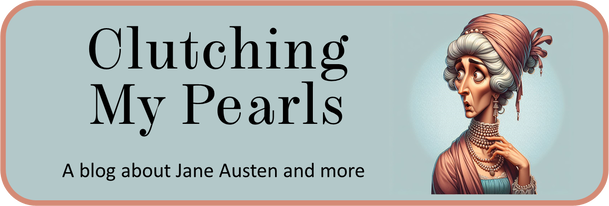
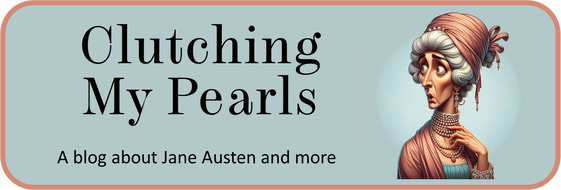
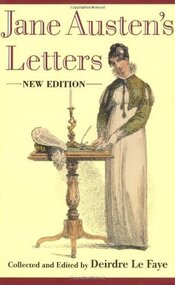
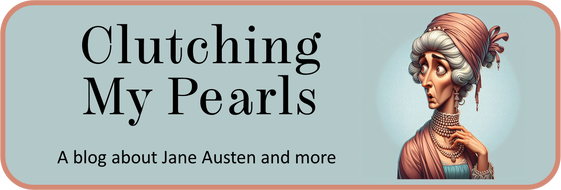
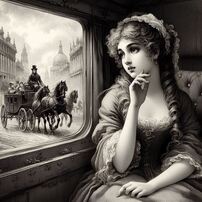
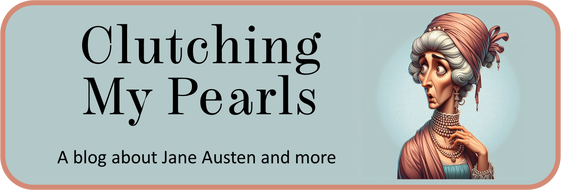
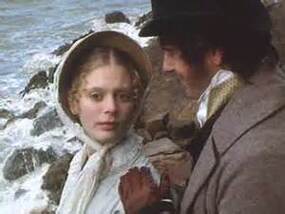
 RSS Feed
RSS Feed